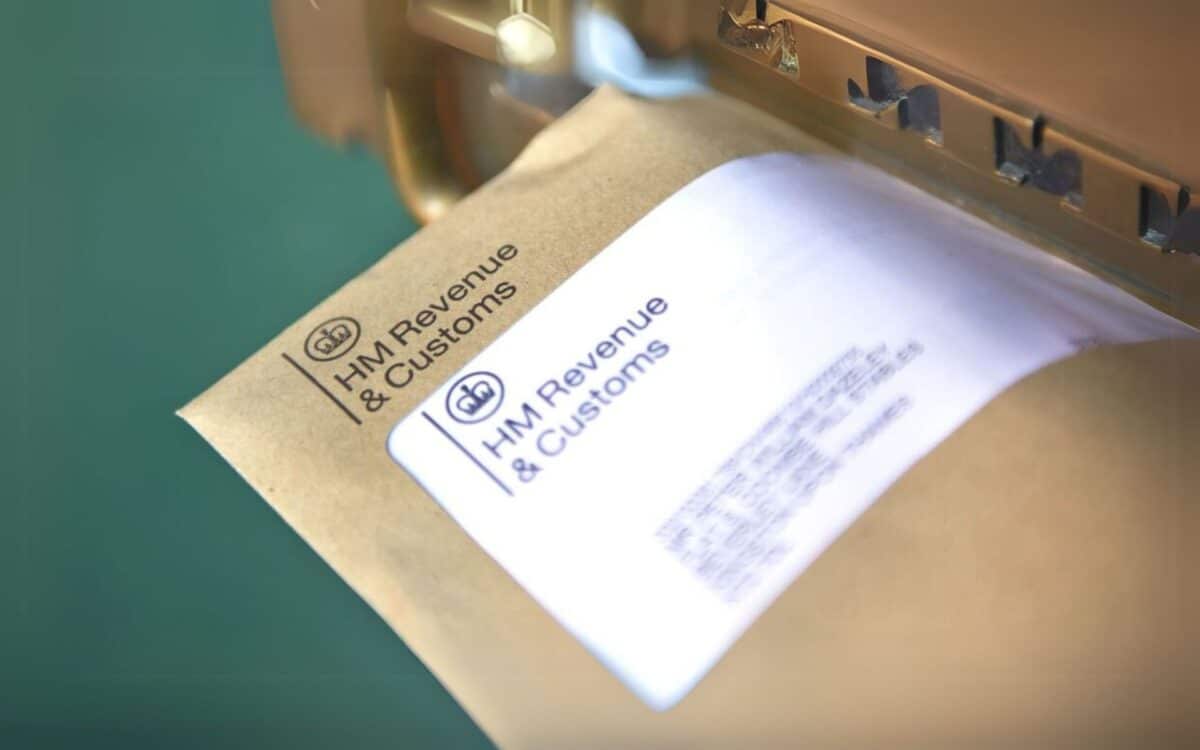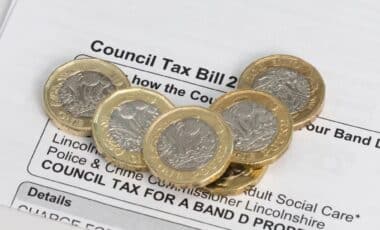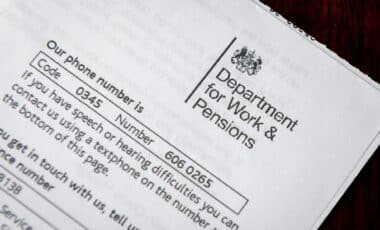Workers across the UK may soon receive P800 letters from HM Revenue and Customs (HMRC), informing them of potential tax refunds or outstanding payments.
These letters provide a breakdown of an individual’s tax situation for the previous financial year, helping taxpayers understand whether they have overpaid or underpaid through the PAYE system.
According to Devon Live, those eligible for a refund will be guided on how to claim their rebate, while others may be notified of unpaid tax that needs to be settled.
What Is a P800 Letter?
A P800 letter is an official notification from HMRC, typically sent between June and October, summarising an individual’s tax situation for the previous financial year.
It is not sent to those who file a Self Assessment tax return but applies to taxpayers whose employers handle tax deductions through PAYE (Pay As You Earn).
The letter outlines whether the recipient has overpaid or underpaid tax. If a refund is due, the letter provides instructions on how to claim it, usually through an online bank transfer service or by requesting a cheque.
The most common tax code for the current tax year is 1257L, applicable to individuals with one job or pension. Taxpayers can check their tax code on their latest payslip, on their P45 if they have recently left a job, or via GOV.UK using a Government Gateway ID.
If a tax code needs correcting, HMRC will notify the employer, ensuring that the adjustments reflect in the recipient’s next salary.
Reasons You May Be Owed a Tax Refund
There are several reasons why someone might have overpaid tax. This can happen due to an incorrect tax code, which leads to higher deductions, or because of changes in employment or having multiple jobs.
Work-related expenses, such as the cost of a uniform, tools, or mileage, can also result in overpayments. Other factors include receiving redundancy payments, making pension contributions, or paying income tax on savings, PPI (Payment Protection Insurance) compensation, or foreign income.
Additionally, individuals who left the UK before the tax year ended may also be entitled to a refund. Tax refunds can be claimed for up to four previous tax years, dating back to 2020/21. However, in some cases, HMRC may consider refunds beyond this period, particularly if an HMRC error caused the overpayment.
How to Claim a Tax Refund
Recipients of a P800 letter can claim their refund via HMRC’s online portal using either their P800 reference number or their National Insurance number. Those who do not make an online request may receive a cheque by post.
Refunds from past tax years are typically sent as a cheque, whereas for the current tax year, any tax refund will be included in the recipient’s salary once the tax code has been corrected.
What if You Underpaid Tax?
While some taxpayers are due a refund, others may find that they have underpaid tax. If so, HMRC will typically adjust their tax code for the following year to recover the unpaid amount through salary deductions.
If the underpayment was due to HMRC’s mistake, individuals can request for the tax to be written off under the Extra Statutory Concession A19. However, approval is not guaranteed.
Avoiding Tax Issues in the Future
To prevent overpayment or underpayment, taxpayers should regularly check their tax code and update HMRC with any changes in income, employment, or personal circumstances.
Recipients of P800 letters should verify their tax status and take prompt action to claim any refunds or settle outstanding tax balances. With HMRC actively sending out these notifications, taxpayers need to ensure their records are accurate.
In cases where overpayments exceed the standard four-year limit due to an HMRC error, a refund may still be possible, assessed on a case-by-case basis.










Increasing tax on those earning over 1 million pounds per year by 2% would give HMRC 260 billion pounds.
I won’t to find out if ime owed a tax refund .